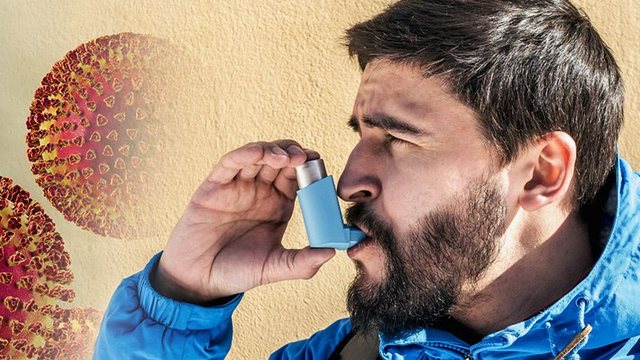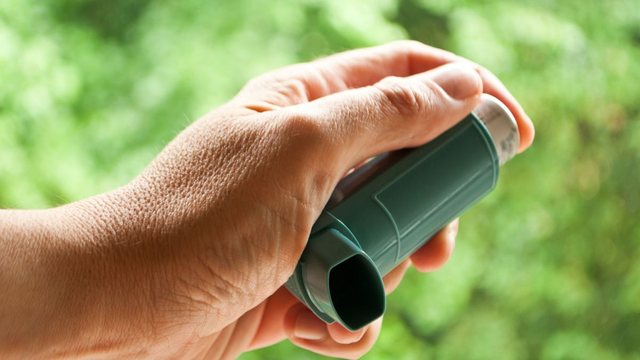
Asthma is one of the basic health conditions that puts someone at higher risk for a severe case of Covid-19.
Many of the main signs of Covid-19, such as coughing, shortness of breath, and chest tightness, are also typical asthma symptoms. Other possible signs of Covid-19, such as sneezing, runny nose, red eyes and fatigue, may be similar to allergies.
If the signs are so similar, how can we distinguish them from each other?
"It can be very confusing for patients," said Dr. Lakiea Wright, who specializes in allergy and immunology at Brigham and Women's Hospital in Boston, "I tell my patients to look for distinctive symptoms of Covid-19, such as fever and body aches. asthma will not cause those symptoms. "
People with allergic asthma may experience allergy treatments, said Dr. Matt Dougherty. If these treatments reduce their symptoms, it indicates that it is simply an allergy.
"Asthma is caused by different factors in different individuals: cigarette smoke can be your cause or perhaps exercise," Dougherty said.

"Asthmatics should use devices that measure the strength of a breath, to monitor how well the airways are open," said pulmonologist Dr. Albert Rizzo, chief medical officer at the American Lung Association.
You also need to measure the temperature every day, according to Wright. Asthmatics, who are on biological drugs that significantly reduce the immune response and make the user more susceptible to infection, should discuss their regimen closely with their doctor.
It is also critical for asthmatics to know how to properly use the breathing pump and its separator (a device that helps deliver medications more accurately). He added that the correct use of the inhaler depends on its type.
â??No one should be scared,â? Rizzo said. "I think it's important for asthmatics to understand that they're not at high risk for infection as long as they follow social distancing and hand washing. They need to take medication and be in touch with their doctors. But I don't think so." that they should be afraid. "





